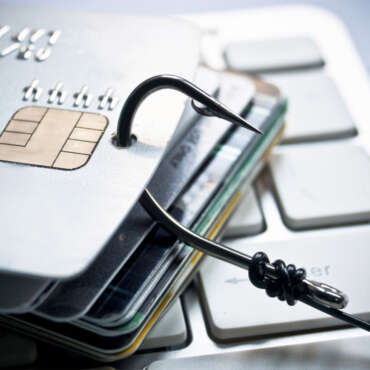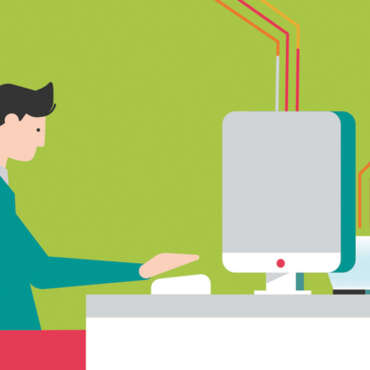Cybercriminals are constantly looking for ways to make money at your expense. Individuals and organisations often fall prey to frauds that involve various forms of social engineering techniques, where the information required is garnered from a person rather than breaking into a system.
Awareness is your best defence
These scams are typical examples of how cyber attackers can easily play on people’s psychology and perceptions.
The tips provided here are aimed to help you protect yourself.
- Check your online accounts regularly.
- Check your bank account regularly and report any suspicious activity to your bank.
- Perform online payments only on secure websites (check the URL bar for the padlock and https) and using secure internet connections (choose a mobile network instead of public Wi-Fi).
- Your bank will never ask you for sensitive information such as your online account credentials over the phone or email.
- If an offer sounds too good to be true, it’s almost always a scam.
- Keep your personal information safe and secure.
- Be very careful about how much personal information you share on social network sites. Fraudsters can use your information and pictures to create a fake identity or to target you with a scam.
- If you think that you have provided your account details to a scammer, contact your bank immediately.
- Always report any suspected fraud attempt to the police, even if you did not fall victim to the scam.
The cyber scams awareness campaign is a joint effort of Europol, law enforcement authorities, the European Banking Federation (EBF) and partners of the European Cyber Security Month’. As a partner, the Cyber Security Coalition fully supports this European campaign.







